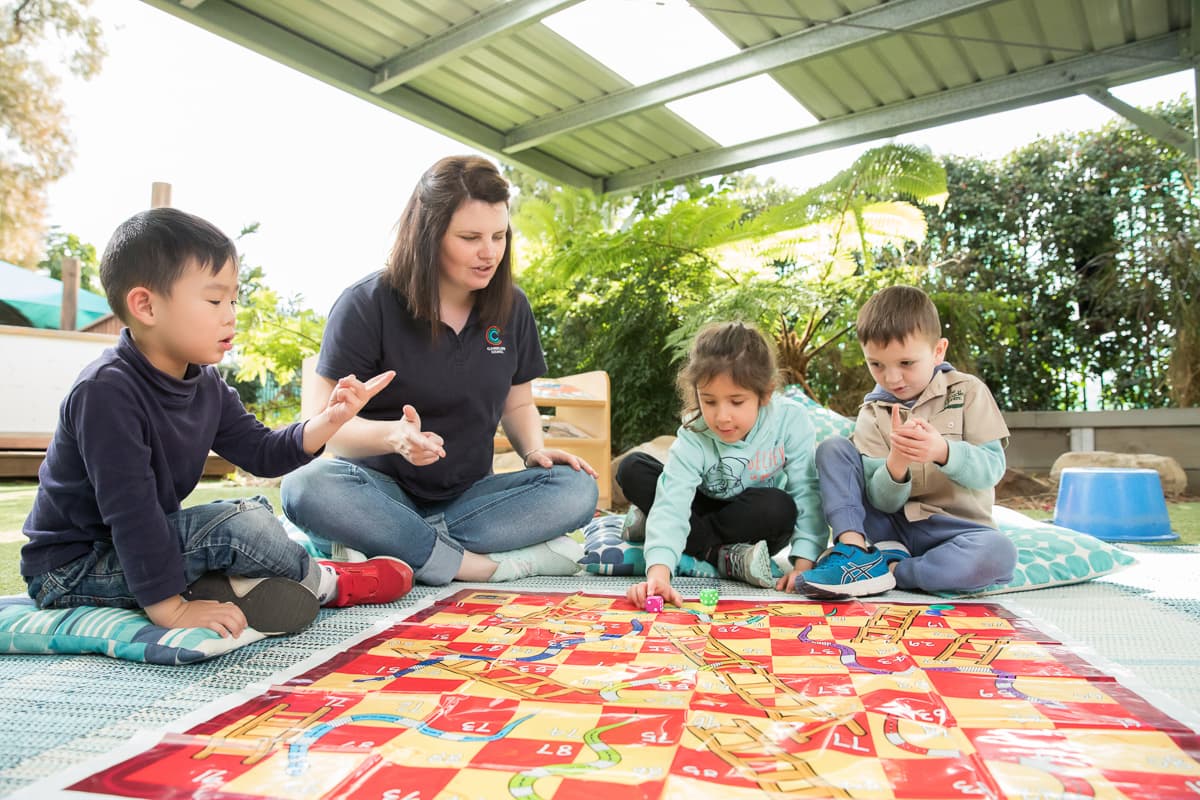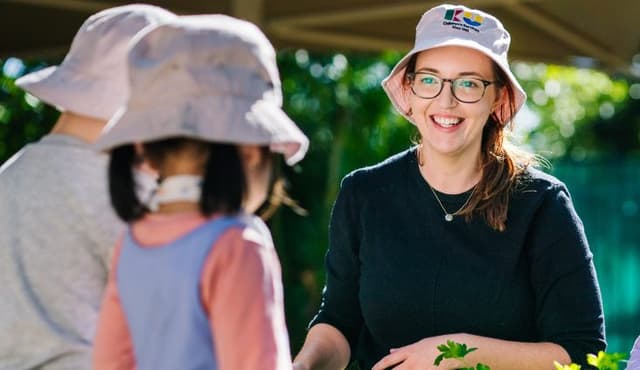Professional development
Let’s Count – an opportunity for building a solid mathematical foundation for children

Freya Lucas
Oct 31, 2019
Save
Mathematics is a fundamental part of daily life. From paying for food at the supermarket, paying the rent or mortgage, managing the monthly bills, all the way through to ensuring there is enough money left at the end of the month.
Mathematics helps to answer questions like how far? how long? what time? how much? and many more - yet for some Australians, those questions are a bridge too far, making life much more difficult than it otherwise may need to be.A significant number of Australians struggle with basic numeracy - something which can have devastating consequences. OECD reports have shown that one fifth of Australian adults struggle to perform calculations with whole numbers and common decimals, can’t interpret relatively simple data in tables and graphs, and struggle with simple measurement.
Without support, those who have no confidence with basic mathematics - be they parents or educators - will be unable to help children to build basic mathematical skills and positive dispositions, meaning the cycle of disadvantage will continue.
Children who begin school behind in literacy, numeracy, or social and emotional development typically lag behind their peers throughout their educational journey. Early intervention is critical for all children who are behind, but especially so for children living in Australia’s disadvantaged communities.
It doesn’t have to be this way. Working in conjunction with prominent Australian academics, The Smith Family have developed a freely available evidence based program to support children, parents, families and educators to build a strong base from which children can build a lifetime of mathematical learning.
What is Let’s Count? Let’s Count is an early years mathematics intervention program, developed by Emeritus Professor Bob Perry (Charles Sturt University), Associate Professor Ann Gervasoni (Monash University) and The Smith Family.
The program uses the existing strengths of parents, families and educators and builds on their capacity to help children between the ages of three and five years to play with, investigate and learn powerful mathematical concepts using everyday activities.
Aligned with the Early Years Learning Framework, Let’s Count is both evidence based and fully evaluated, giving educators and families confidence in the underpinning credibility of the program. It provides educators with the skills and resources they need to facilitate children’s learning, and helps educators to actively promote these skills to parents and children in their early childhood setting in collaboration with children, parents/carers and families.
Since 2013 Let’s Count has reached over 110,000 children aged three to five years old, with one educator saying; “I think the main difference it made was the way we engaged the parents in it…it was just little things like putting notices out, newsletters and also we had a board out the front where we put a little maths problem and the parents could get involved. It was just something they could do on the way home or on the way in. Like counting buses or plan your trip somewhere, things like that…and that sort of got the parents really interested and talking about maths a lot more”
Let’s Count benefits
- The Let’s Count program supports parents and children to become mathematically ready for school by supporting them to develop strong early mathematics knowledge, skills and positive dispositions early in their lives.
- The Let’s Count program focuses on parental/family engagement, supporting the parent or carer as the child’s first and most influential teacher.
- The Let’s Count program builds on the activities already taking place in the busy lives of parents and carers. Rather than being “more work”, the program uses the many mathematical ideas which can be discussed during everyday activities and free-play time. Activities such as bathing, making lunch or sorting laundry, all provide opportunities to foster the development of foundational mathematics and numeracy concepts in children.
- The Let’s Count program tackles uncertainty in parents, carers and educators, many of whom are not sure about early mathematics learning and teaching, not knowing what children could or should, learn, or how to help them do so.
- Let’s Count lessens negative attitudes towards mathematics, and helps build parent, carer and educator confidence and skills in supporting their young children
How is Let’s Count delivered?The program can be delivered in two ways:
- Online: in this option, educators can access online professional development and resources, including the new Digital Bag (toolkit), at no cost. The online version can also be run in centres or services with support from The Smith family. To register, or find out more, see here.
- Face to Face: for this option, educators attend two x six-hour face-to-face professional development sessions at no cost, where they receive resources, and access to the Digital Bag (toolkit) after Session 2. To learn more about the face to face option, or to enrol, please email letscountsupport@thesmithfamily.com.au
In both versions, educators take the Let’s Count pedagogy, practices and concepts back to their early years service, where they engage with the children and their parents/carers/family members about mathematical learning.
The program aims for educators to support parents to gain the skills and confidence to use Let’s Count with their children outside of formal learning environment.
The Smith Family is an independent children's charity helping disadvantaged Australian children to get the most out of their education, so they can create better futures for themselves. To learn more about the work of The Smith Family, please see here.
Don’t miss a thing
Related Articles



















